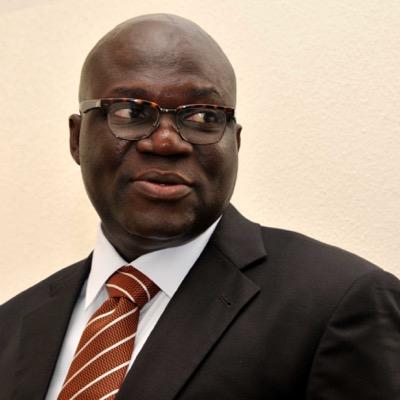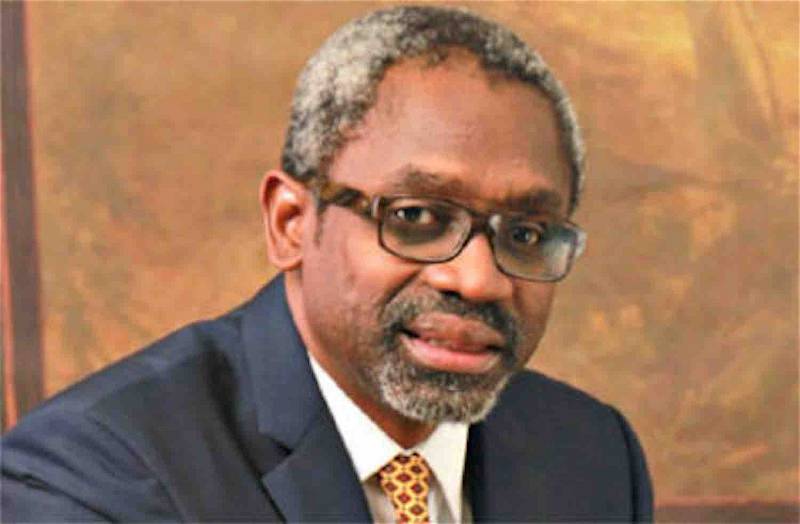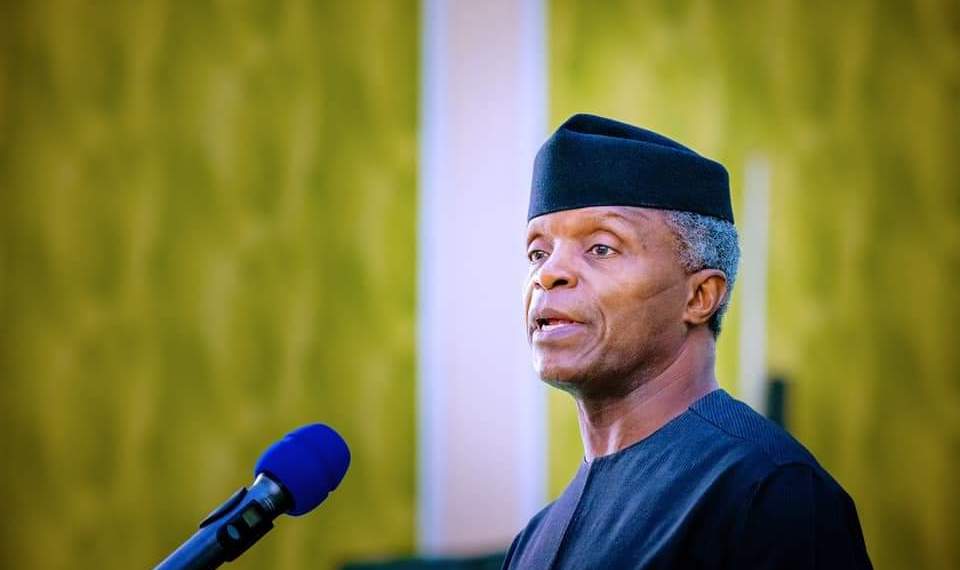Goldmine Season For Lawyers
By Reuben Abati
It is goldmine season for Nigerian lawyers, meal time, boom time as every election season has been, but now more than ever. Every electoral process, pre- during, and after – often provides opportunities for aggrieved politicians to take their disputes to court, and over the years this has been so much the pattern that lawyers often brandish the elementary fact that election petitions are sui generis, that is that they are in special category of their own, unique, peculiar. The originating process for election cases is the filing of petitions based on the framework provided in party guidelines, the Electoral Act and the Constitution, the basic law, and in accordance with stipulated rules of procedure. Some lawyers – from the ordinary ambulance chaser to the Senior Advocate of Nigeria have so mastered the game that most politicians know who to go to when it is election time, and which judges and courts to consult. Many senior lawyers have their pre-eminence built on their reputation to pursue election petitions.
The net effect is that many politicians, veterans of election petition cases, have also become bathroom lawyers. These persons are so adept at the tactics of election litigation that they sometimes sound smarter than the counsel, when it comes to forum shopping, the resort to obnoxious ex parte applications and how to get judges to descend into the arena and pollute the temple of justice. It is such time again and we have seen signs of this as litigants are now taking pre-election disputes to High Courts. One major feature of the new Electoral Act 2022, which became effective in February 2022, is that pre-election cases are now to originate from the Federal High Courts, but even striking is how the new law provides so many grounds for likely litigations. In 2015, after the election, it was observed that litigations were few. In 2019, there was quite a number. In 2023, there would be a deluge, and the catalyst for this would be the contradictions and omissions in the Electoral Act 2022 which repealed the 2010 Electoral Act.
I should not be misunderstood. The review of the country’s electoral framework was a major subject of advocacy by the Nigerian civil society, lawyers, politicians, the media and stakeholders. Nigerians wanted an electoral system that would address the people’s grievances, as defined by omissions in previous electoral cycles, and the need to bring Nigerian democracy at par with best practices elsewhere, if not exactly, but at least to strengthen the credibility of the process, through technology, and the power of the people to make informed choices. Previous attempts to repeal the Electoral Act 2010, ahead of the 2019 elections failed. The 8th National Assembly could not find a common ground with the Executive as the President picked issues with language, timing and the contents of the proposed amendments. He rejected the Bill three times. When it became clear that the rigmarole would not end and that the elections were around the corner, the Buhari government claimed that it was better to avoid “uncertainty”.
The popular opinion on this was that the government was not ready for any reform, and would rather




